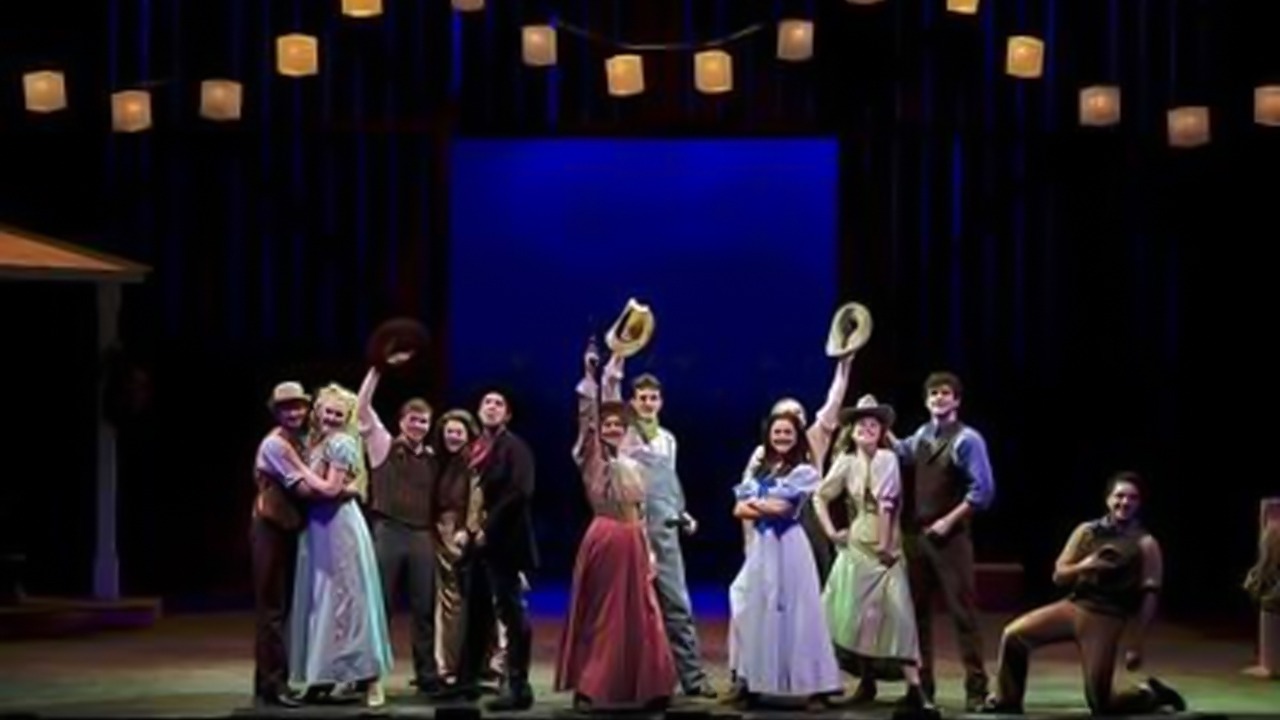The Art of Acting: A Journey into Creative Expression
Introduction
Acting is a captivating and multifaceted art form that has captivated audiences for centuries. It is a craft that requires dedication, skill, and a deep understanding of human emotions and behavior. From the ancient Greek tragedies to modern blockbuster films, acting has been a fundamental element of storytelling, connecting performers and audiences on a profound level.
Why Training is Necessary for Acting?
Acting is not merely pretending; it is a transformation of self. Actors delve into the psyches of their characters, breathing life into the written word. They must empathize with their roles, feeling their joy, sorrow, fear, and hope. It’s a process that involves both intellectual analysis and emotional connection, creating a dynamic blend of head and heart.
Training is crucial for aspiring actors. Acting schools and workshops provide a structured environment where individuals can hone their skills, learning techniques, and gaining valuable feedback. Voice control, body language, and improvisation is all part of the actor’s toolkit. The ability to adapt and respond in the moment is a hallmark of a talented performer.
Acting is also about collaboration. Onstage or onscreen, actors work closely with directors, fellow cast members, and crew to bring a production to life. This collaborative effort is a testament to the power of teamwork in the creative process.
While the glamour of Hollywood often comes to mind when thinking about acting, the craft extends far beyond the silver screen. Theater, television, and even voice acting offer diverse platforms for actors to showcase their talents. Each medium presents unique challenges and opportunities, making acting an ever-evolving and exciting field.
Does Storytelling Plays an Important Role in Acting?
Ultimately, acting is about storytelling and empathy. Actors have the power to transport audiences to different times, places, and emotional states. They can make us laugh, cry, or reflect on our own lives. Acting is a celebration of the human experience, a testament to the power of imagination, and a reminder that every character we portray is a reflection of ourselves in some way.
Conclusion
In conclusion, acting is an art form that combines skill, empathy, and creativity. It allows performers to explore the depths of human emotion and bring characters to life, captivating audiences worldwide. Whether on the stage or screen, acting is a powerful means of storytelling and self-expression, making it a timeless and enduring art.



There are no comments